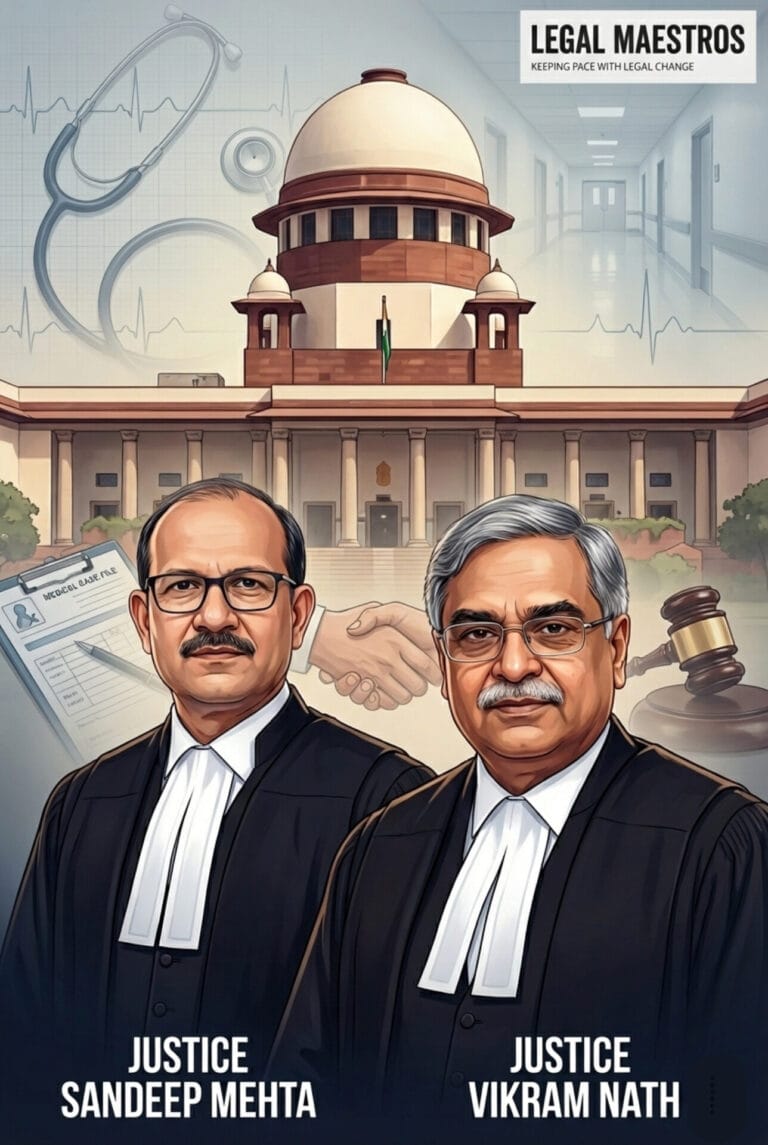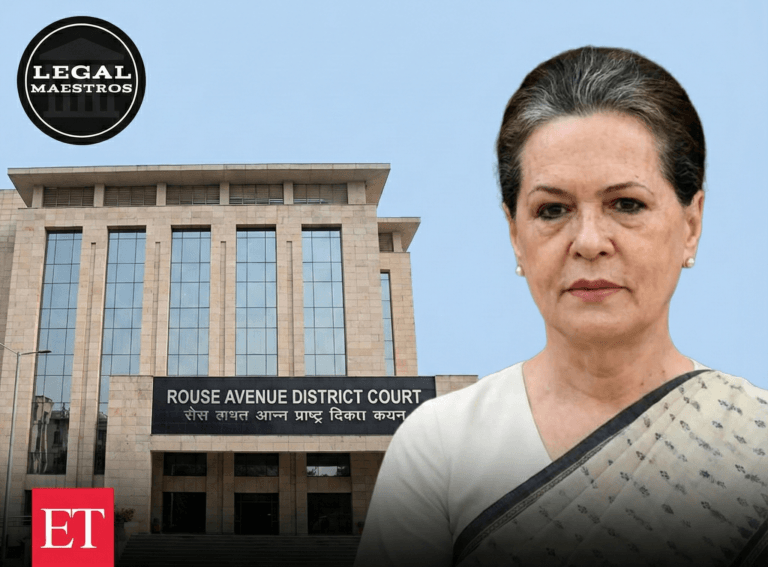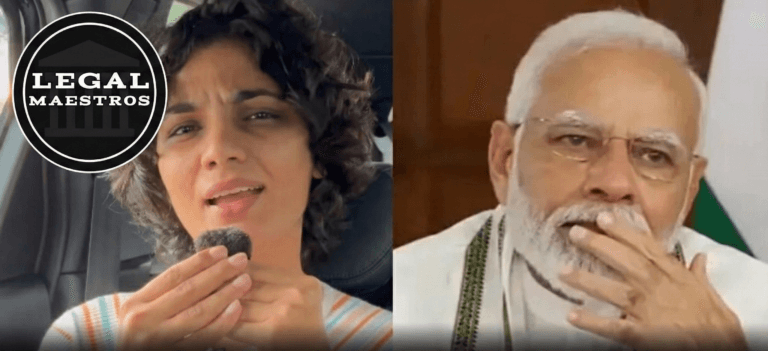
This paper is the analysis of one such judgement of the Supreme Court of India on entry tax (imposition of tax on Indian Made Foreign Liquor (IMFL) and beer in Madhya Pradesh. The main problem was whether taxes were imposed on manufacturers since there was participation of state Government warehouses during distributions.
The History of the Conflict
M/S United Spirits Ltd. versus The State of Madhya Pradesh & Ors. the case was about appeals against the decision of the High Court imposing entry tax on manufacturers of beer and IMFL. The case involved interpretation of Section 3 of the Madhya Pradesh Sthaniya Kshetra Me Mal Ke Pravesh Par Kar Adhiniyam, 1976 also referred to as the M. P. Entry Tax Act, 1976. These goods were exempted of entry tax in Madhya Pradesh till April 1, 2007. Nevertheless, IMFL and beer were placed in Schedule-II of the Act in 2007 (the Amendment Act of 2007) and thus were liable to a 2 per cent tax on entry.
The appellants, beer and IMFL manufactures had argued that they had no liability to pay the entry tax. They had a model of operation; once they would get the No Objection Certificates (NOCs) of excise and then bottle their products and supply the same to the State Government warehouses. The name of the warehouse was used to issue transportation passes. The warehouse-in-charge then took orders on sales to authorized retailers who had particular licenses (FL-1) to buy of the FL-10 licensee (the Excise Department in charge of the State Government warehouse). They would focus on the information that the transaction existed between their warehouses and the retailers and that the warehouses would pay the amount due to the manufacturers in their bank accounts after deducting some fees. They claimed that they did not have a direct agreement (privity) with the retailers. Thus said they, the State Government warehouse was the one that brought about the movement of the goods into the local area, something that the Act would rate as the taxable event.
For any queries or to publish an article or post or advertisement on our platform, do call at +91 6377460764 or email us at contact@legalmaestros.com.
State of Madhya Pradesh has rebutted the argument claiming that it did not buy or even sell the liquor. Rather, it delineated its actions as regulatory in the sense that it regulated the direct sale of goods by the manufacturers to the retail contractors. Among the communications and guidelines that were presented included the arrangement that was applicable to foreign liquor warehouses where the units involved as manufacturing entities would hold liquor in departmental godowns and this liquor was ex-godown price would also be declared and further supply was achieved by introducing an additional fee of 5 percent. The retailers would surrender the amount to a particular bank and the manufacturing unit would get the payment through Excise Commissioner. Along with this, the State also emphasized on a circular issued by the Commissioner, Commercial Tax making it clear that the manufacturing units were, in fact, liable to pay the entry tax.
Chief Legal Provisions
The analysis of the court depended upon the work of various important sections of the M.P. entry Tax Act, 1976 and the M.P. VAT Act, 2002. The M.P. Entry Tax Act, s.3 provides that an entry tax is thus to be charged upon the entry into a local area under consumption, use, or sale therein of specified goods and is to be paid by every dealer subject to taxation under the M.P.VAT Act, 2002 who has effected such entry.
A very crucial point was Section 2(3) of the M.P. Entry Tax Act which explained that any reference to the expressions of the Act under this Act shall be construed as a reference to the expressions of the Act under this Act to have effected entry of goods with its grammatical variations and cognate expressions whether in solitude or in combination with other words wherever necessary shall be construed to have caused to be effected entry of goods. This definition of causation in causing to be effected entry of goods turned out to be the key in the determination of the liability of the manufacturers.
Also by Section 3B, inserted by the 2007 amendment, the State Government had the powers to prescribe how and by whom entry tax was to be levied on IMFL and beer by notification. According to the appellants, absence of such a notification meant that no levy could be enforced. But Section 14 of the Entry Tax Act which had provision of assessment, collection and administration of entry tax has vested these powers in the authorities specified under Section 3 of the M.P. VAT Act, 2002.
Analysis and Decision of Court
The nature of transactions on the State Government warehouses was first raised by the Supreme Court. Using tests that were developed in other cases that involved canalizing agents and intermediaries, the Court held that it was two independent transaction. The first transaction was that of the appellant-manufacturers and the State Warehouse and the second transaction was the State warehouse and the retailers. The deduction in this finding implied that it was hard to believe that the State only played the supervisory role and that the warehouses were not purchasing liquor by the manufacturers.
Although the finding was made, the Court has not determined to go the way of the appellants. The important question was whether the production of goods caused by the manufacturers had “the entry of goods”. The Court has mentioned the meaning of the term cause and its meaning in case laws, specifically in the case where it means occasioning the export, under the Central Sales Tax Act. It reminded once again that the word occasion is used “to cause” or “to be the immediate cause of”.
Using this meaning, the Court held that the appellants having sold to the warehouses did in fact had the entry of goods brought about. Sales made by the manufacturers directly gave rise to introduction of goods to the local area to be consumed, or used, or sold. The case was not contested that the appellants were dealers, as provided by the M.P. VAT Act, 2002. That the entry of goods could similarly be occasioned by the State warehouse, which might also be a dealer, was not ruled out by the manufacturers. Hence, it was considered that the imposition of entry tax on the manufacturers was quite legal.
In connection with the argument given by the appellants that no entry tax could be charged without a detailed notification under Section 3B of the M.P. Entry Tax Act, the Supreme Court agreed with the High court. Both of the courts held that the Section 3B is a mere machinery provision and that the entry tax may as well be recovered under Section 14 which lays down the mechanism of assessing and collection of money. Section 3B in the clause stated that the provision in Section 14 will only be overridden by the presumption that there was a conflicting stipulation, which was not the case because no notification took place in Section 3B. The Court held that the Section 14 will be applicable to the assessment and collection of the entry tax until otherwise stipulated in Section 3B.
To sum up, the Supreme Court rejected the appeals since it could not find any reason to intervene with the order issued by the High Court. The manufacturers were found to be really liable to the payment of entry tax in that the entry of goods in the local area had a direct consequence, regardless of the fact that the State Government warehouses were the intermediary players. Sources







